25. Johannes Gutenberg
Johannes Gutenberg was a German blacksmith, goldsmith, printer, and publisher who introduced printing to Europe. Gutenberg’s invention of mechanical movable type printing began the Printing Revolution.
It’s widely regarded as the most important event of the modern period.
24. Napoleon Bonaparte
Napoleon Bonaparte was a French military and political leader who rose to prominence during the French Revolution. Bonaparte was Emperor of the French from 1804 until 1814.
He dominated European affairs for nearly two decades while leading France against a series of coalitions.
23. Martin Luther
Martin Luther was a German friar, priest, and professor of theology. He is best known as the seminal figure in the Protestant Reformation. He came to reject several teachings and practices of the Roman Catholic Church. Luther disputed the claim that freedom from God’s punishment for sin could be purchased with money.
22. Karl Marx
Karl Marx was a German philosopher, economist, sociologist, journalist, and socialist. His work in economics laid the basis for much of the current understanding of labor and its relation to capital. He has published numerous books during his lifetime.
He studied at the Universities of Bonn and Berlin, where he became interested in the philosophical ideas of the Young Hegelians.
21. Julius Caesar
Gaius Julias Caesar was a Roman general, statesman, Consul and notable author of Latin prose. Caesar played a critical role in the events that led to the demise of the Roman Republic. Caesar, Crassus, and Pompey formed a political alliance that was to dominate Roman politics for several years.
20. Gautama Buddha
Gautama Buddha, also known as Siddhārtha Gautama or simply ‘The Buddha’, was a sage on whose teachings Buddism was founded. Buddha lived and taught mostly in eastern India sometime between the sixth and fourth centuries. The name ‘Buddha’ means “awakened one” or “the enlightened one”.
19. Nikola Tesla
Nikola Tesla was a Serbian American electrical engineer, inventor, physicist, and mechanical engineer. Tesla is best known for his contributions to the design of the modern alternating current electricity supply system. He gained experience in telephony and electrical engineering before immigrating to the United States.
18. Adolf Hitler
Adolf Hitler was a German politician who was the leader of the Nazi Party. Hitler was Führer of Nazi Germany from 1934 to 1945. Hitler was not only an evil person, but he was also at the center of WWII in Europe. He was manipulating and had control over the German people from 1933 to 1945.
17. Moses
Moses was, according to the Hebrew Bible, a former Egyptian prince later turned prophet, religious leader and lawgiver. The existence of Moses is disputed among archaeologists and Egyptologists, with experts in the field of biblical criticism citing logical inconsistencies.
16. George Washington
George Washington was the first President of the United States. He was also one of the Founding Fathers of the United States and he presided over the convention that drafted the United States Constitution, which replaced the Articles of Confederation.
15. Abraham Lincoln
Abraham Lincoln was the 16th President of the United States. He led the United States and its greatest moral, constitutional and political crisis. Lincoln preserved the Union and strengthened the federal government.
14. Mahatma Gandhi
Mohandas Karamchand Gandhi was the preeminent leader of an Indian independence movement in British-ruled India. He led India into independence and inspired movements for civil rights and freedom across the world. Gandhi has inspired people all over the world to do great.
13. Socrates
Socrates was a Greek philosopher and was one of the founders of Western philosophy. He helped students such as Plato and Xenophon. Plato’s dialogues are one of the most comprehensive accounts of Socrates to survive from antiquity.
12. Martin Luther King, Jr.
Martin Luther King, Jr. was an American Baptist minister and activist who was the leader in the Civil Rights Movement. King Jr. is best known for his role in the advancement of civil rights using nonviolent civil disobedience based on his Christian beliefs.
11. William Shakespeare
William Shakespeare was an English poet, playwright, and actor. He is considered to be one of the greatest writers in the English language and the world’s pre-eminent dramatist. Shakespeare is often called England’s national poet and the “Bard of Avon”.
10. Plato
Plato was a philosopher and mathematician. He is considered an essential figure in the development of philosophy. He founded the Academy in Athens, and along with his teacher Socrates and his most famous student, Aristotle, Plato laid the foundation of Western philosophy and science.
9. Charles Darwin
Charles Darwin was an English naturalist and geologist. Darwin is best known for his evolutionary theory. He established that all species of life have descended over time from common ancestors. In a publication with Alfred Russel Wallace, they introduced his scientific theory that this branching pattern of evolution resulted from a process that he called natural selection.
8. Alexander the Great
Alexander the Great was a King of the Ancient Greek kingdom of Macedon and a member of the Argead dynasty. He spent most of his ruling years on an unprecedented military campaign through Asia and Alexander III of Macedon.
7. Galileo Galilei
Galileo Galileo was an Italian mathematician, physicist, engineer, astronomer, and philosopher. His achievements include improvements to the telescope and consequent astronomical observations and support for Copernicanism.
6. Muhammad
Muhammad was the founder of Islam. Believed by Muslims and Bahá’ís to be a prophet and messenger of God. Muhammad is almost universally considered by Muslims as the last prophet sent by God. He was sent to present and confirm the monotheistic teachings preached previously by Adam, Abraham, Moses, Jesus, and other prophets.
5. Aristotle
Aristotle was a Greek philosopher and scientist. He was born in the Macedonian city of Stagira. He remained in the Academy until he turned 37 years old. His writings cover many subjects including biology, logic, ethics, poetry, theater, music and much more.
4. Leonardo Da Vinci
Leonardo di ser Piero da Vinci was an Italian painter, polymath, sculptor, musician, mathematician, inventor, engineer, and botanist. Da Vinci is considered to be one of the greatest painters in history. He is a true genius, and he has often been described as the archetype of the Renaissance Man.
3. Isaac Newton
Sir Isaac Newton was an English physicist and mathematician. Newton is best known for being one of the most influential scientists of all time and as a key figure in the scientific revolution.
2. Albert Einstein
Albert Einstein was a German-born physicist. His work is also known for its influence on the philosophy of science. Einstein received the 1921 Nobel prize in Physics for his “services to theoretical physics”. He is considered to be one of the most influential people in the world.
1. Jesus Christ
Jesus is also referred to as Jesus of Nazareth is the central figure of Christianity. Christianity regards Jesus as the awaited Messiah of the Old Testament and refers to him as Jesus Christ. Jesus is the most influential person in the world.
Summary
Here’s a quick recap of the 25 most influential people of all time:
- Jesus Christ
- Albert Einstein
- Isaac Newton
- Leonardo Da Vinci
- Aristotle
- Muhammad
- Galileo Galilei
- Alexander the Great
- Charles Darwin
- Plato
- William Shakespeare
- Martin Luther King, Jr.
- Socrates
- Mahatma Gandhi
- Abraham Lincoln
- George Washington
- Moses
- Adolf Hitler
- Nikola Tesla
- Gautama Buddha
- Julius Ceasar
- Karl Marx
- Martin Luther
- Napoleon Bonaparte
- Johannes Gutenberg



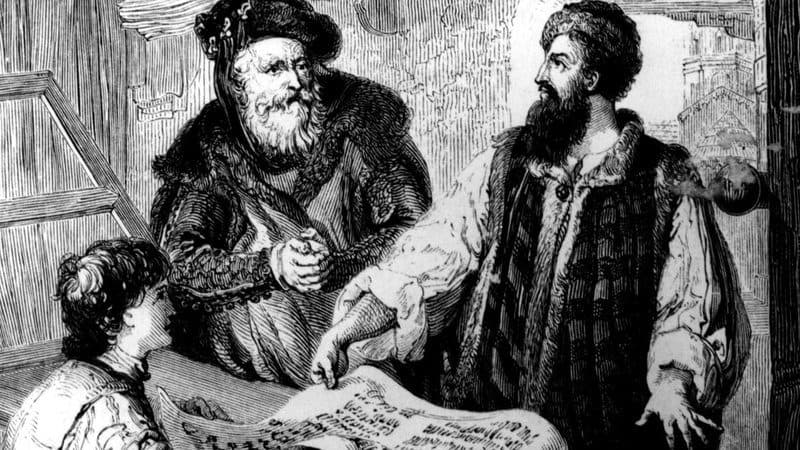
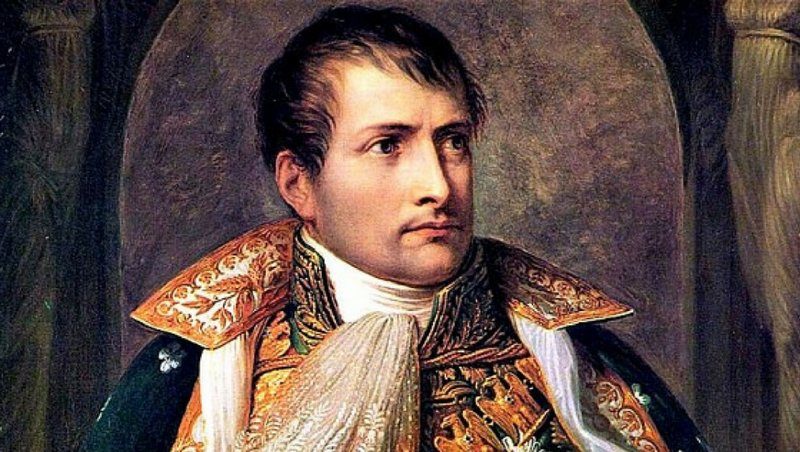
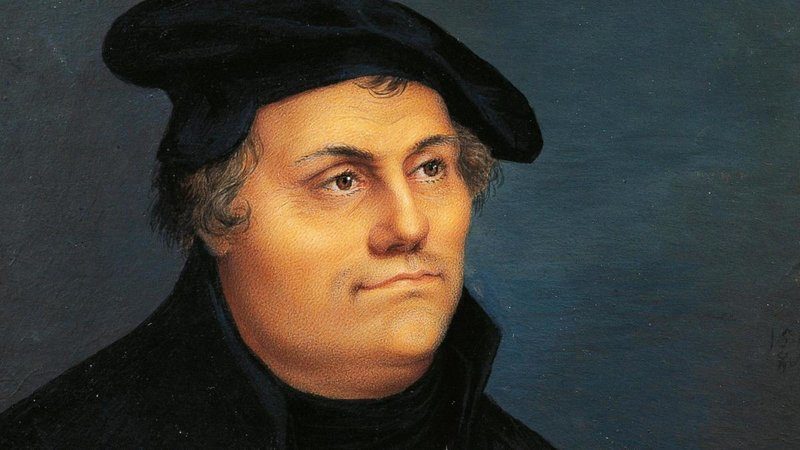
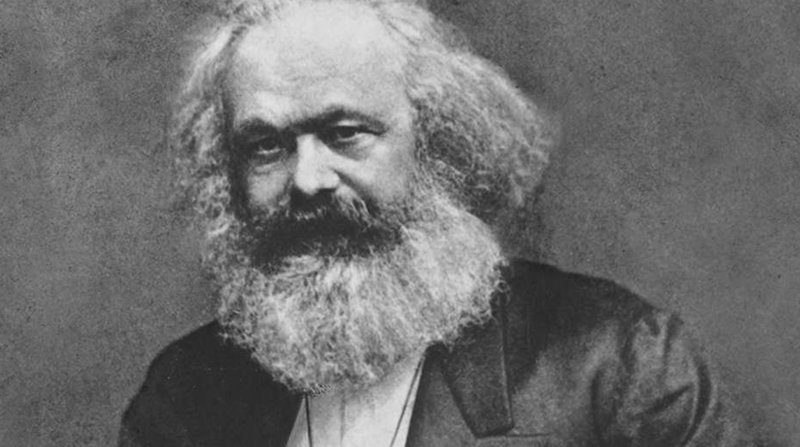
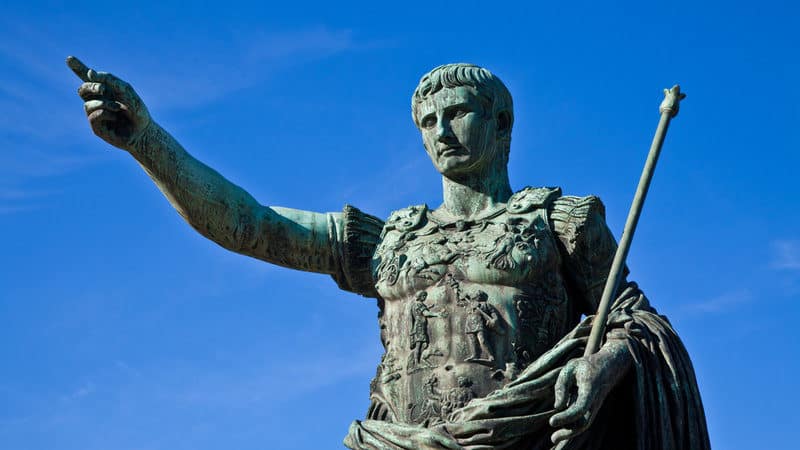

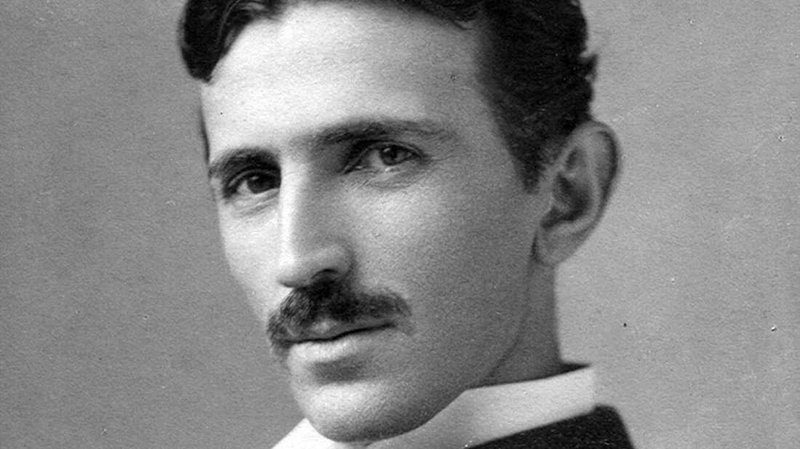
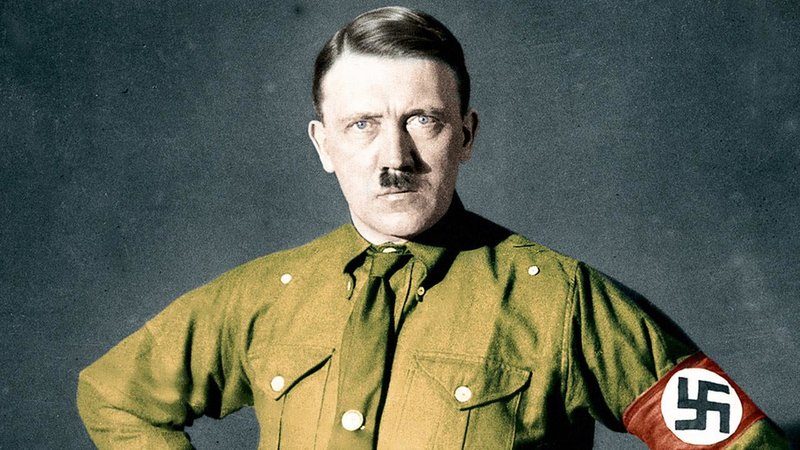
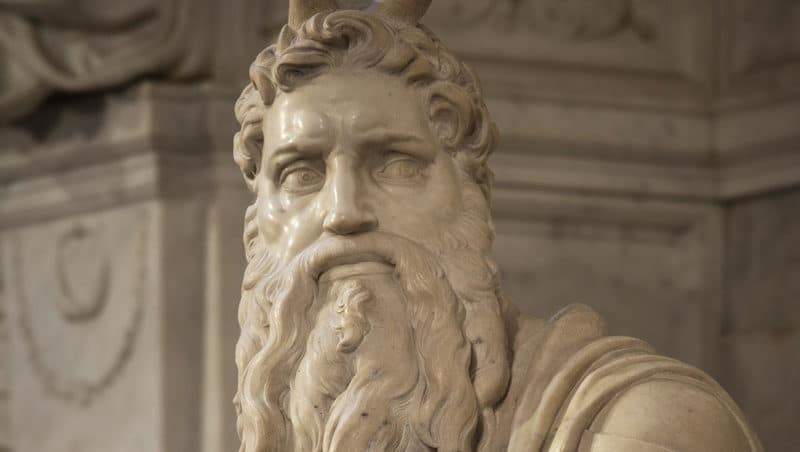
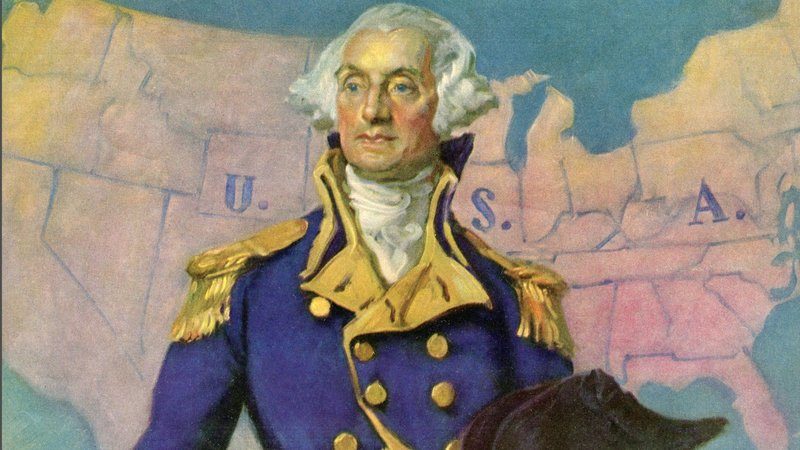
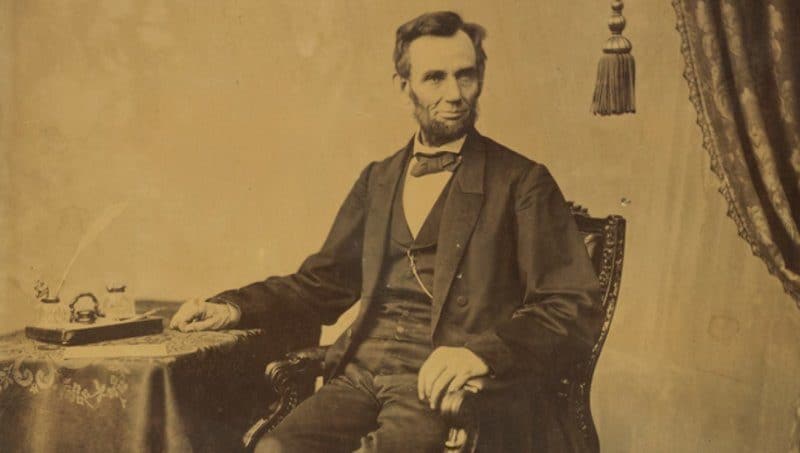
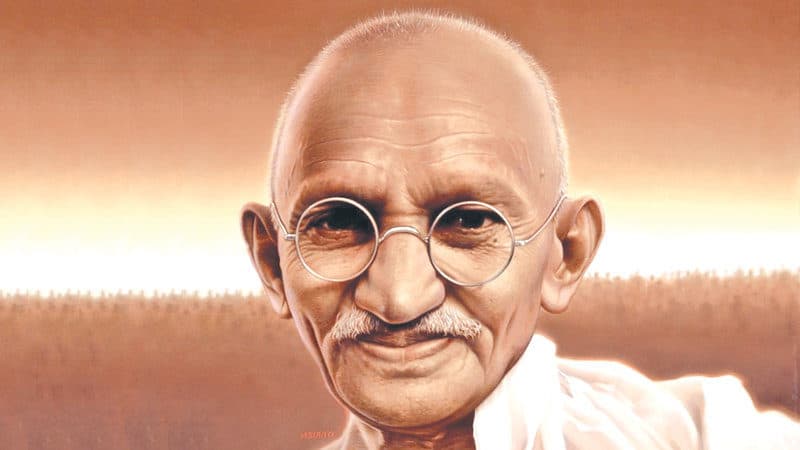
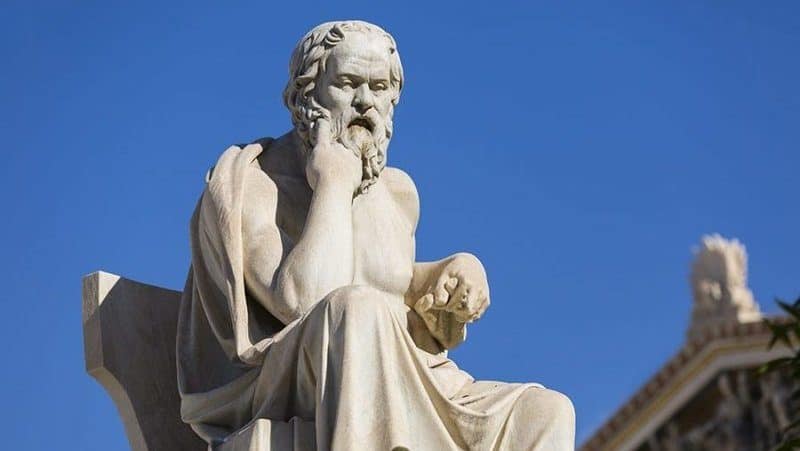
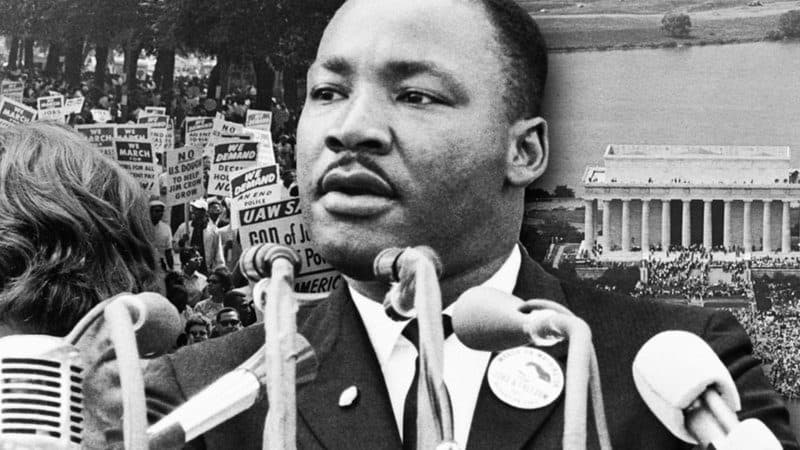

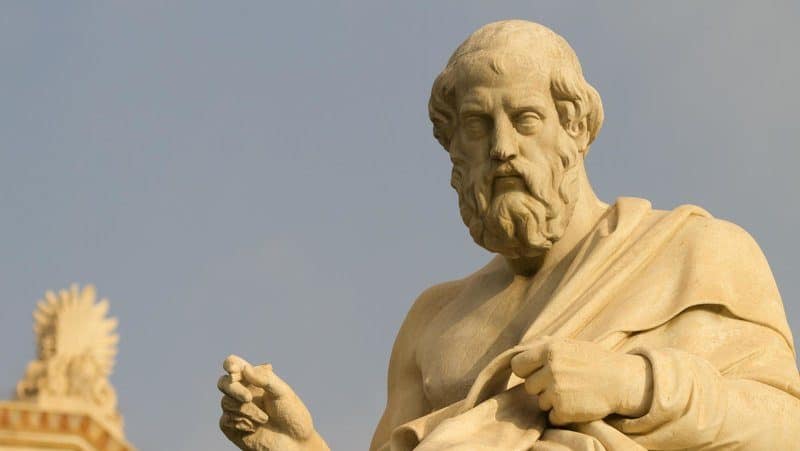
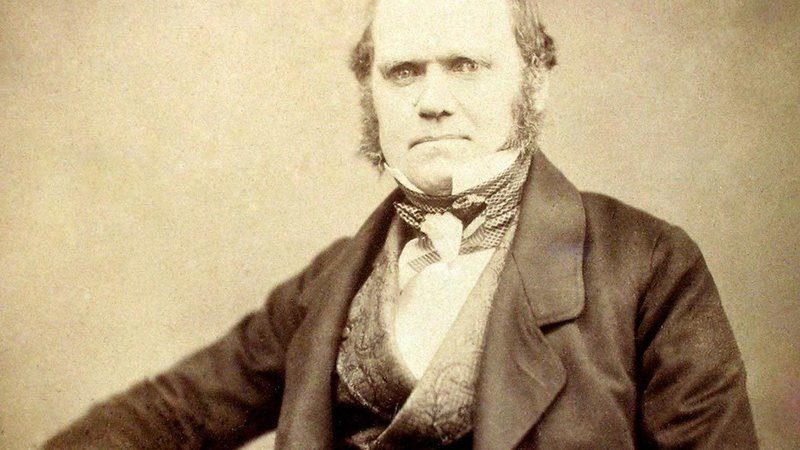
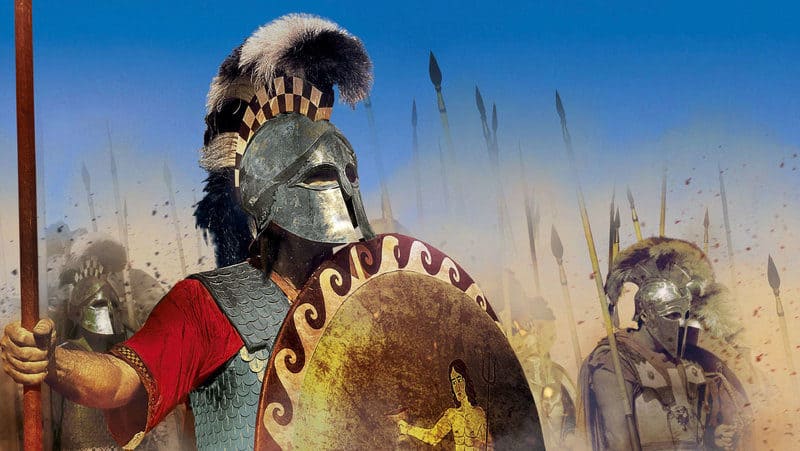
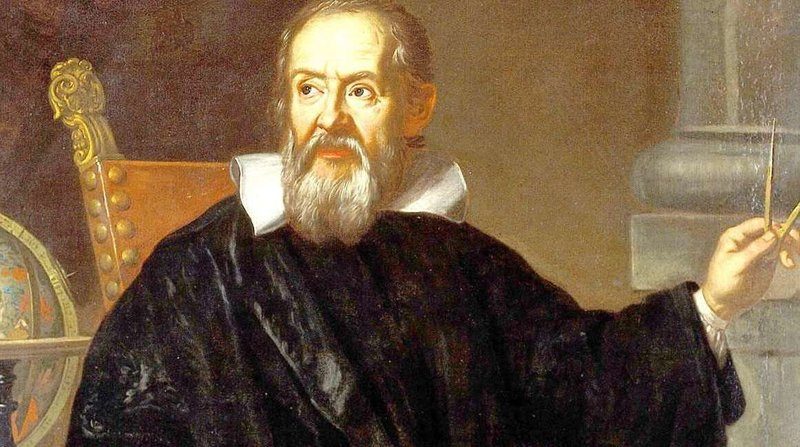
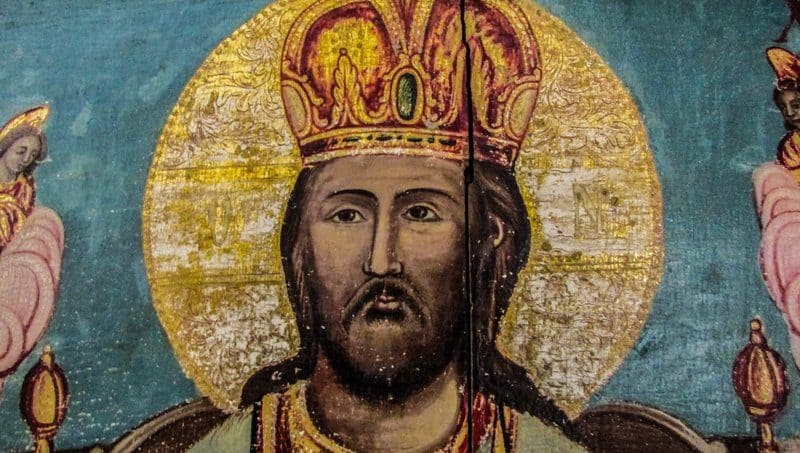
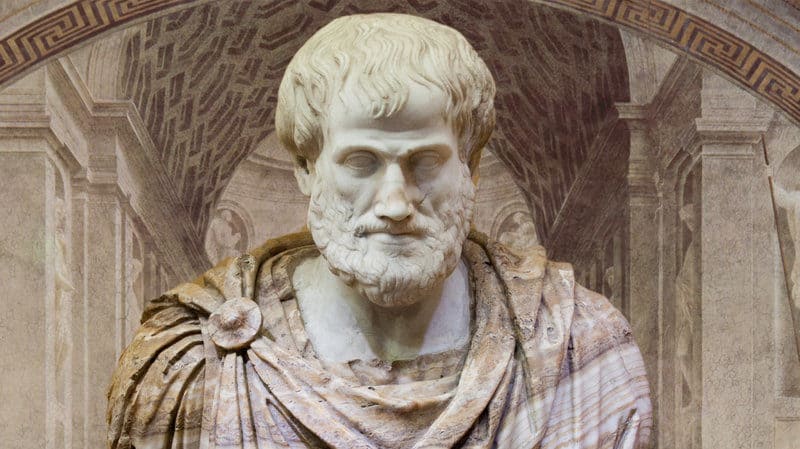
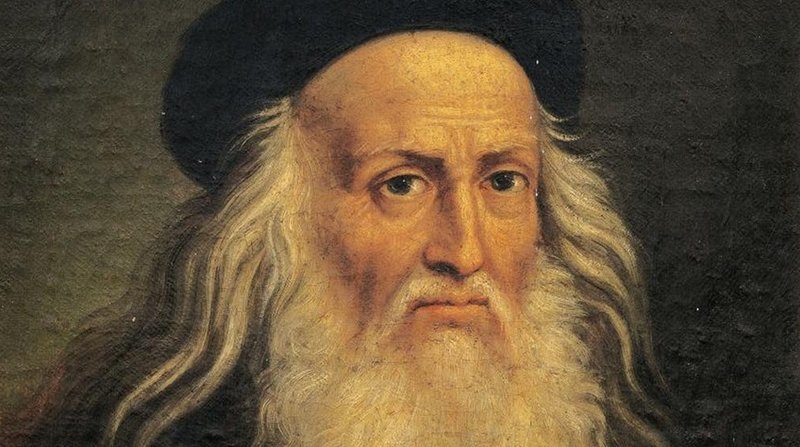
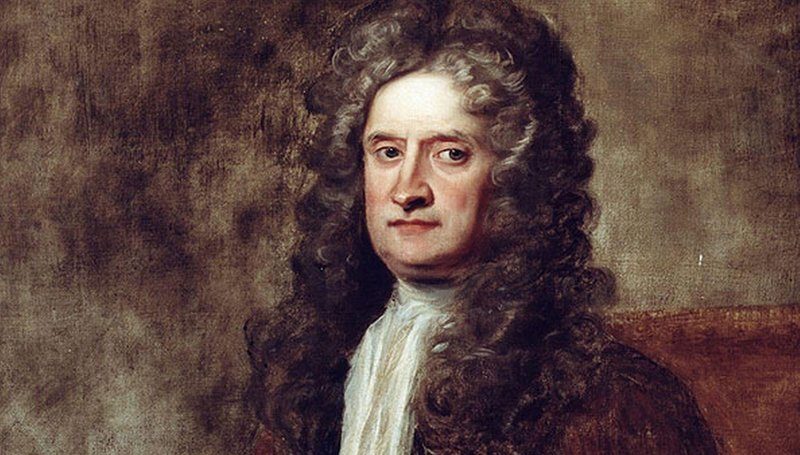
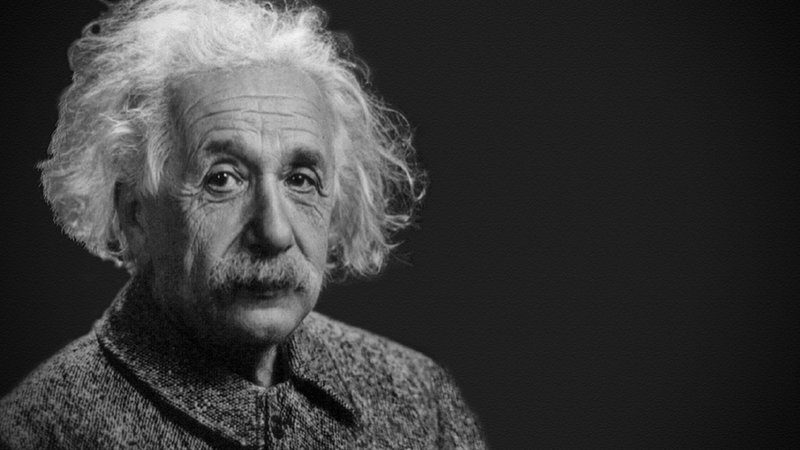
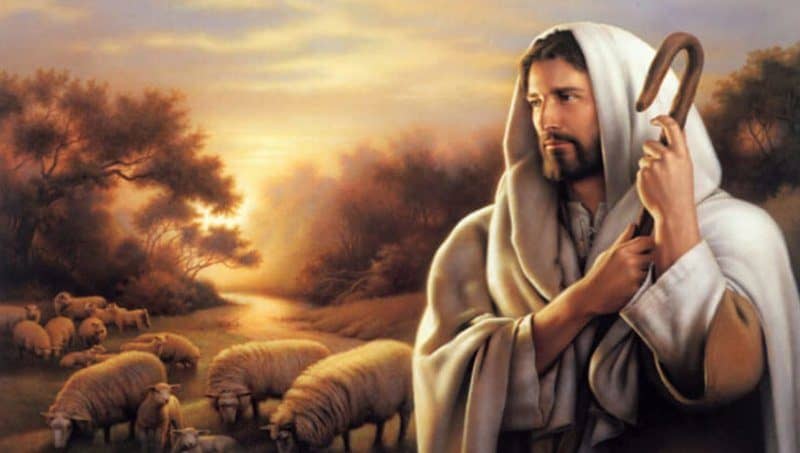





0 Comments